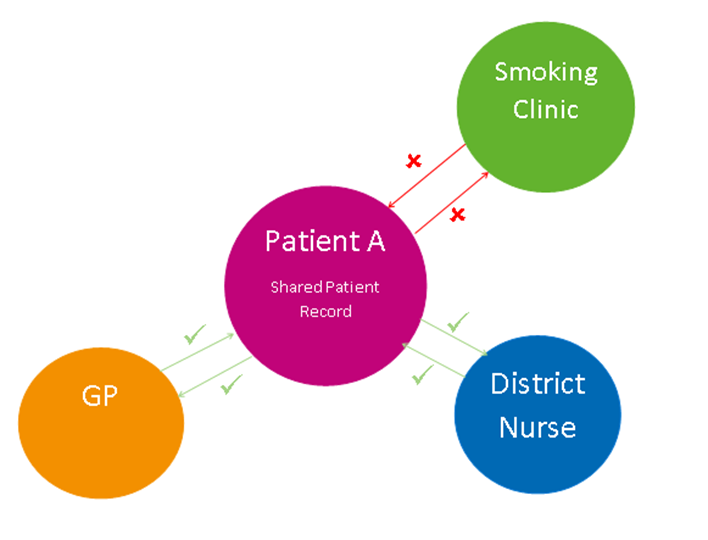When we collect and process personal data about people we are required to provide them with information about that process. The privacy notice below informs you of the type of personal data that we hold, how that information is used, who we may share that information with, and how we keep it secure and confidential.
(Last updated 11 September 2023)
